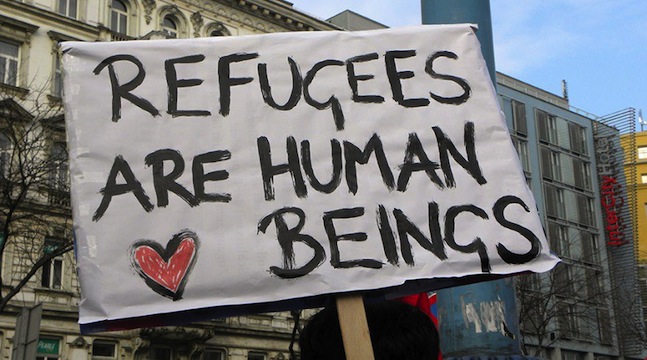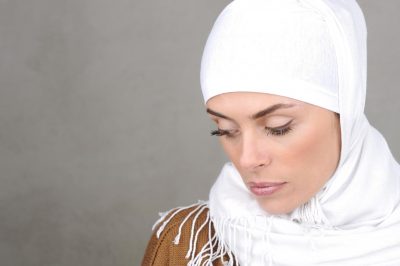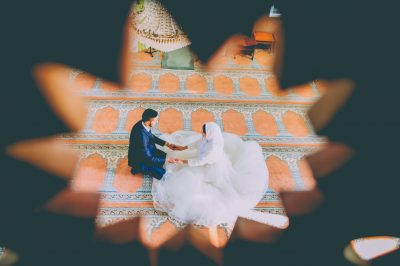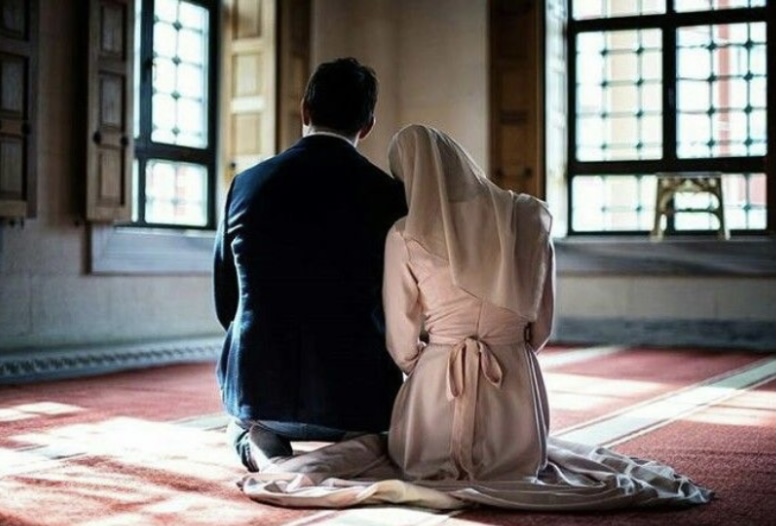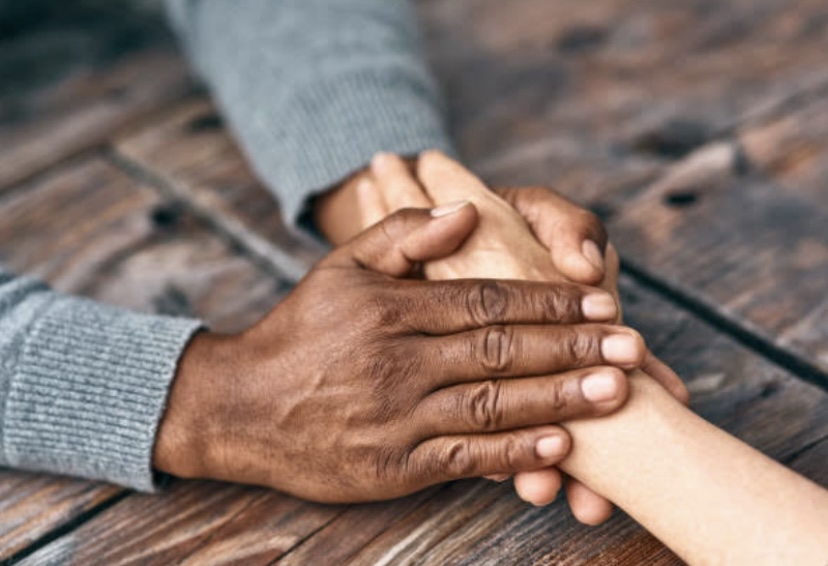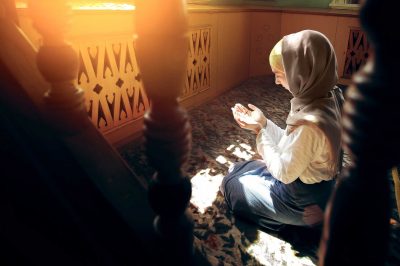Yet another year has come to an end, leaving behind both the good and the bad.
How can we capture more of the goodness this year? What went wrong and what needs to change?
As we approach 2023, what new intentions or niyah can we make to further our self-development?
Prophet Muhammad (peace be upon him) advises us to
“Take the benefit of five before five: your youth before your old age, your health before your sickness, your wealth before your poverty, your free time before you are preoccupied, and your life before your death.”(Ibn Abbas)
This hadith emphasizes the importance of time and how we should always strive to be in a constant quest to improve at all levels: spiritual, intellectual, physical, and social.
What goals can we set at the end of this year to develop ourselves as the Prophet advises?
Spiritual Development
It goes without saying that the spiritual aspect is the most crucial of all.
For a more balanced and harmonious life, we need to strengthen our connection with Allah, increase our good deeds, and decrease the bad.
Spiritual growth at the individual level is important but it is also important, for the family to grow together spiritually.
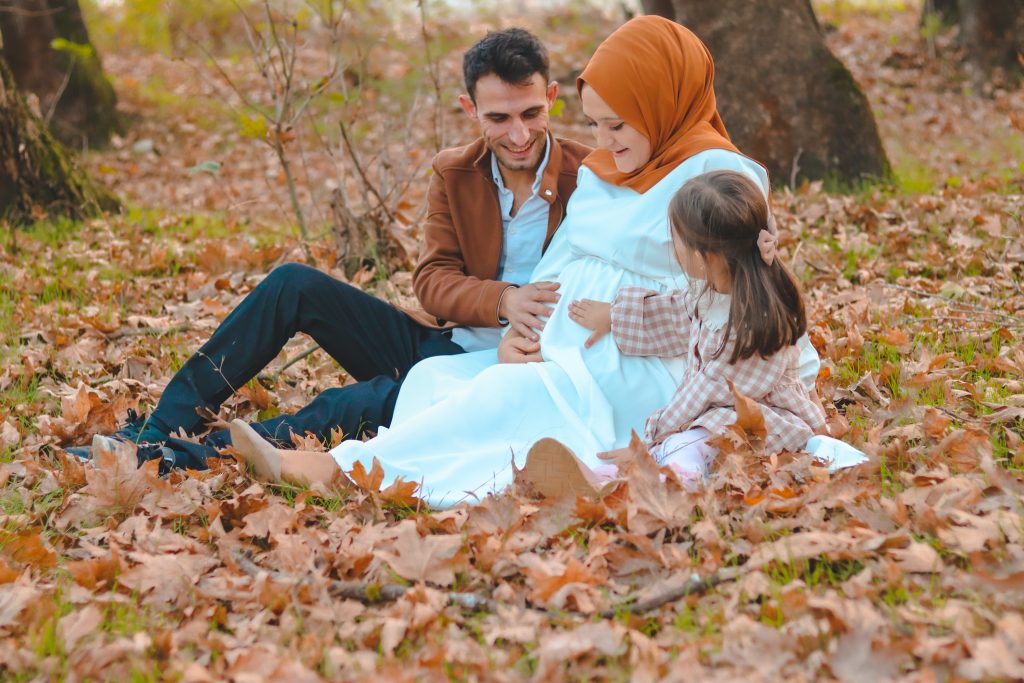
For this to happen, parents need to engage their children in religious activities and set a good example for them since, as we all know too well, actions speak louder than words.
A reasonable plan could be:
- Individual spiritual growth: pray the five obligatory prayers on time and in jama`ah if possible and pray Duha and other sunna rak`ahs such as two rak`ahs at night.
- In addition to the obligatory Friday prayer, men should strive to pray `Isha’a at the mosque (given this may not be as readily available to men residing in non-Islamic countries).
- Fast the middle three days of the lunar month and perform morning and evening supplications.
- Read the Qur’an every day and strive to complete it in two-month cycles.
- Listen to an Islamic lecture at least once a week. Make use of the time spent in the kitchen or doing other house chores.
- Work on your behavior and try to perfect one new behavior each month, such as patience, piety, sincerity, kindness, and forgiveness.
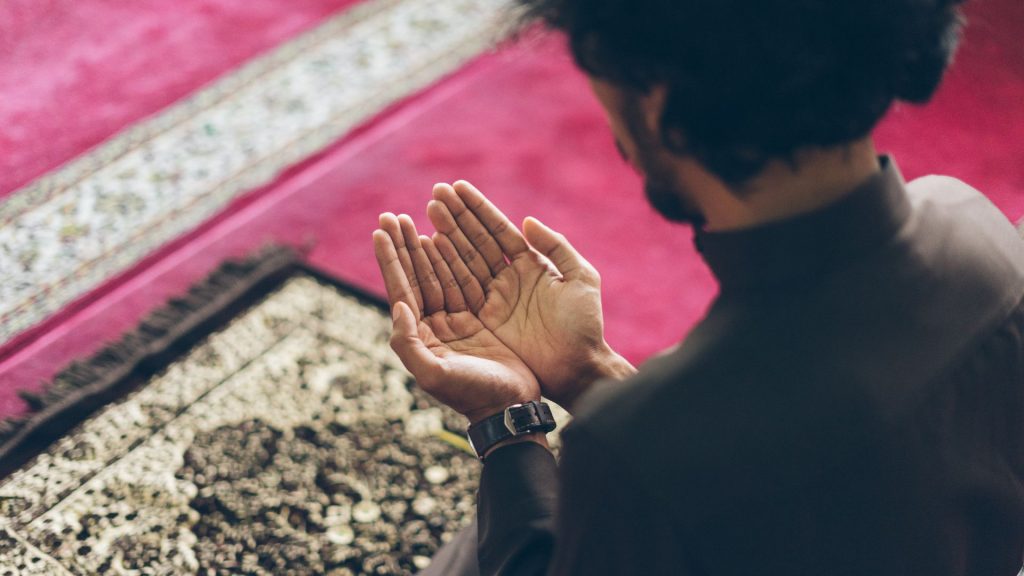
For your family’s spiritual growth:
- Pray `Isha’a together at the mosque on the weekends.
- Do charity work together.
- Read Qur’an together in the evening.
- Read Islamic books together with your children.
- If possible, go to Friday prayer together and make it a special day for the family.
- Make it a big deal to always go to Eid prayers as a family, decorate the house festively, go on a memorable trip, and be bountiful in your treats; make it an unforgettable day.
Intellectual Development
How has your year passed intellectually? Have you managed to squeeze in time for general knowledge?
It is quite a challenge in our hectic lives to sit down and read and/or watch a documentary. To keep up with the large changes around us, we must make this a priority.
There are so many interesting fields around us to delve into, including Islamic studies, the humanities, the social sciences, and the natural sciences.
Try to set a goal of reading a new book on a monthly basis.
We must also teach our kids to love knowledge. We can do this best by setting an example and reading ourselves in addition to reading to them.
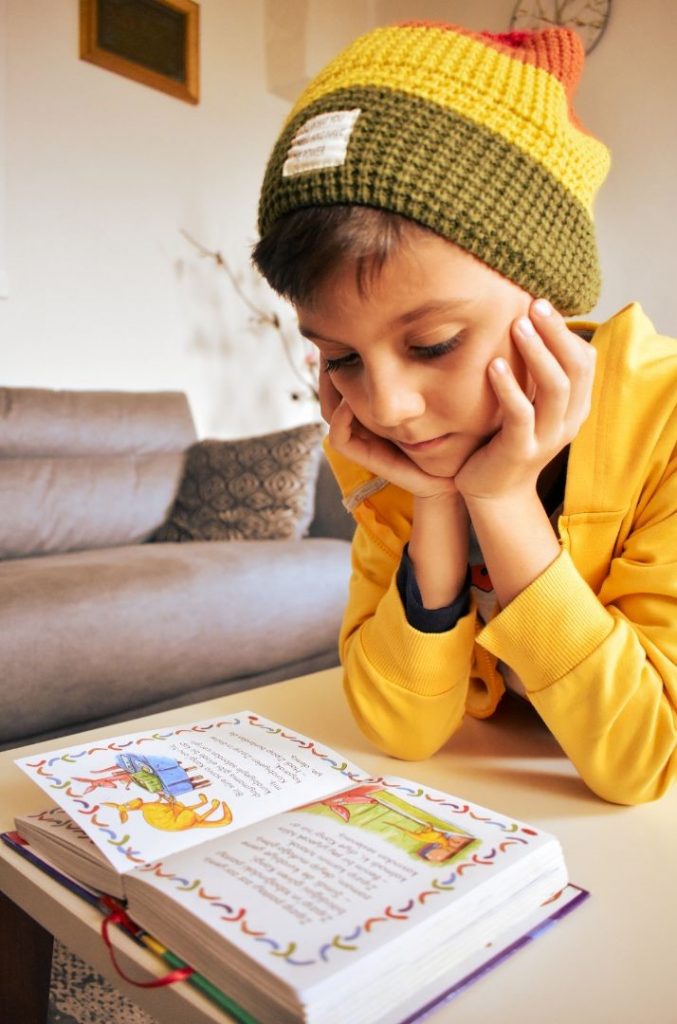
For the younger children, read a bedtime book every night and try to do more over the weekends and holidays.
Taking the family to museums is another good way to broaden their horizons.
Start off with one of their interests to get them excited. Museums are great places to go on rainy and chilly days. Try to set a goal of one new museum each month.
Physical Development
Every day we are bombarded with ads screaming at us to exercise and eat healthily.
Although Islamic teachings warn us not to overindulge, it is disheartening to see how unhealthy eating has become the norm in many of our lives.
Allah Almighty warns us in the Holy Quran:
{…and eat and drink but waste not by extravagance, certainly He (Allah) likes not al-musrifoon(those who waste by extravagance)} (Al-A’raaf 7:31)
Another problem is that gluttony in food and drink not only harms the body physically but also mentally and spiritually; it blocks the mind and makes one lazy for worship.
In this context, Imam Ash-Shafi`i said,
“I have not filled myself in sixteen years because filling oneself makes the body heavy, removes clear understanding, induces sleep, and makes one weak for worship.”
Make it your goal to exercise three times a week.
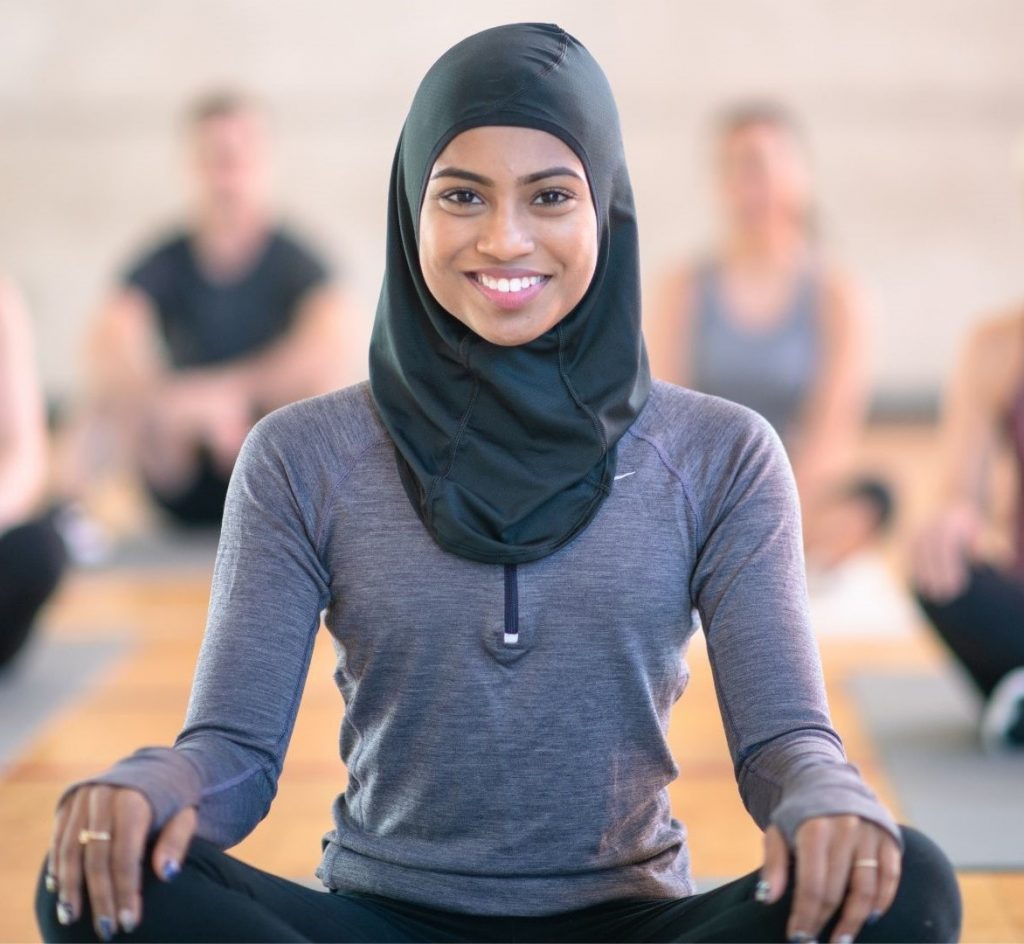
It could be as simple as going out for a 30-minute walk. Enroll your kids in sports classes. Encourage them to go biking.
Hike together on the weekends; it’s an excellent opportunity to exercise, bond, and marvel at the beauty of Allah’s creation.
Eat less and prioritize eating home-cooked meals. Try not to go out to eat more than once a week.
Avoid junk food, excess sugars, processed and red meats and increase your intake of vegetables, fruits, whole grains and beans.
Social Development
Prophet Muhammad (peace be upon him) says,
“Whoever believes in Allah and the Last Day, let him maintain the bonds of kinship.” (Sahih Al-Bukhari)
How has your relationship been with your extended family this past year? Have you been maintaining the bonds or breaking them?
Sometimes it can be quite a challenge to stay connected. It is also not always easy to treat others the way you would like them to treat you, as Prophet Muhammad (peace be upon him) teaches us.
Call your parents regularly and visit them weekly.
If you are overseas, then visit at least annually and try your best to make this separation temporary. Better yet, try to arrange for them to live abroad with you if they agree, so you can always tend to their needs.
Call your relatives and visit them regularly. Keep in mind that a relative in need has priority over others in need.

Friendship is also an important social bond. Stay connected with your friends and be there for them when they need you. A friend in need is a friend indeed.
May Allah help you in your endeavors and make this coming year one filled with success, happiness, good health, and piety.
***
The article is from our archives.
Read more:
- Have You Made Your New Year’s Resolution?
- 4 New Year’s Resolutions For Converts to Islam
- Teenage Son Wants to Celebrate New Year’s Eve
- Should Muslims Celebrate New Year’s Eve? 5 Reasons we Shouldn’t
The post A Fresh Start for the New Year appeared first on About Islam.
source https://aboutislam.net/family-life/self-development/fresh-start-new-year/













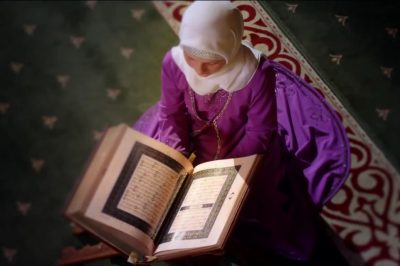
 Read Also:
Read Also: 